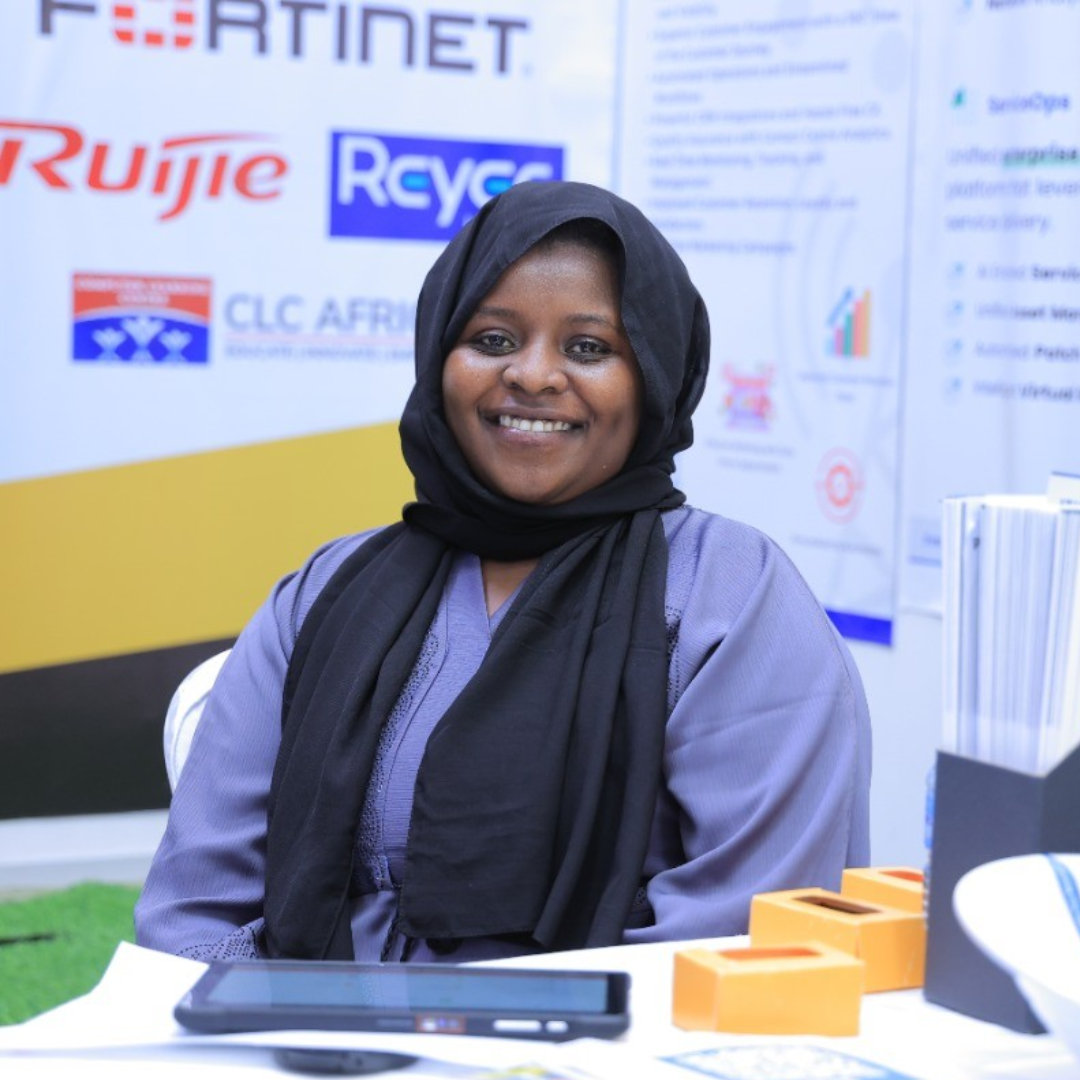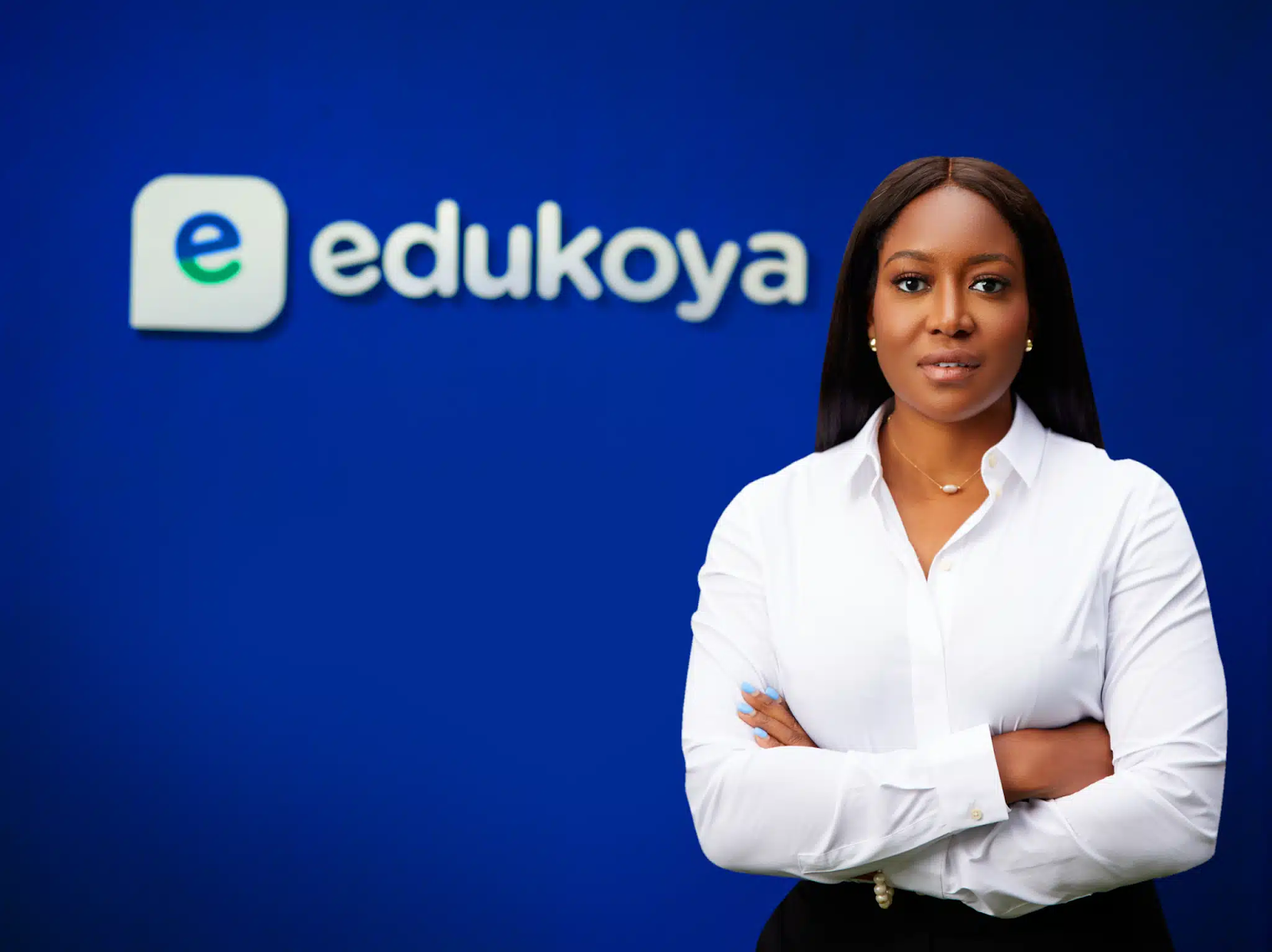Case Study: Why Nigerian EdTech Startup Edukoya Shut Down Despite Early Success

Karen Maina
May 17, 2025

Edukoya was an edtech company launched in Nigeria in 2021 with an ambitious vision to change how K-1 students learn across Africa. Honey Ogundeyi founded the company to address systemic issues in the education sector using a mobile-first, online learning platform. The company managed to snag a record-breaking $3.5 million pre-seed round.
Unfortunately, the company closed its doors early in 2025 and joined the growing list of African startups on Startup Graveyard. This case study will unpack the business, why it closed, and the lessons you can learn as a startup founder.
The Educational Problems Edukoya Aimed to Solve
Edukoya was started to solve several challenges in Nigeria’s education industry.
The first was overcrowding in classrooms. The public schools in Nigeria face teacher-to-student ratios as high as 1:46, which severely limits the quality of learning. Secondly, due to the ratios, there is limited access to quality teachers: Students often rely on informal or expensive after-school tutoring to prepare for exams like WAEC and JAMB.
The company also wanted to reduce geographic inequality: Rural students, especially, often lack access to well-trained teachers and learning resources. Lastly, the startup wanted to improve the poor digital learning infrastructure: Though digital education was gaining traction, few affordable platforms provided reliable academic support.
Edukoya’s solution combined free 24/7 access to curriculum-based content, mock exams, and affordable live tutoring. This was all accessible through a mobile app.
Milestones and Growth Highlights
Despite being operational for only a few years, Edukoya had some significant achievements that future edtech founders can use.
1. Record-Breaking Funding
In December 2021, Edukoya raised a $3.5 million pre-seed round; at that point, this was the largest investment of its kind in Africa, led by Target Global. This funding was meant to scale operations, improve product features, and expand tutor onboarding.
2. Rapid User Adoption
The rate of adoption for the application was impressive. They got more than eighty thousand users, recorded more than fifteen million answered practical questions, and conducted thousands of live tutoring sessions monthly.
3. Tech Integration
The platform had good technology innovation and featured:
- AI-driven personalised learning paths
- Real-time progress tracking
- Subject expert tutors for STEM and exam prep
These achievements positioned Edukoya as one of Africa’s most promising K-12 edtech startups.
Why Edukoya Shut Down: Key Factors
Despite early success and traction, Edukoya closed its operations in early 2025. While the company made many good strategic decisions, some missteps and market challenges led to its closure.
1. Market Conditions and Economic Realities
Most Nigerian families could not afford premium digital education, even with Edukoya’s freemium model. The country has limited smartphone penetration, poor internet connectivity, and ongoing economic hardship, severely limiting the platform's growth potential.
“Even though we built a product that students loved, converting that engagement into sustainable revenue was incredibly difficult,” one investor noted.
2. Monetisation Challenges
Edukoya’s freemium business model worked for scale but not for profitability. While content was free, live tutoring required payment. However, the majority of users never converted to paid plans.
3. Operational Burn Rate
High-quality tutors came at a high cost. As hiring scaled rapidly, operational expenses ballooned without a matching rise in revenue. Edukoya reportedly overhired, which caused cash flow challenges.
Human resource management is a major challenge that founders face. We discussed this in depth on our podcast. Listen in.
4. Investor Fatigue and EdTech Saturation
After the pandemic-driven edtech boom, many investors became fatigued or cautious. Platforms that weren’t profitable or couldn’t demonstrate sustainable growth lost momentum in funding cycles.
Lessons for African EdTech Startups
As a startup founder, there are numerous and highly useful lessons from Edukoya.
Validate Product-Market Fit Early
High engagement doesn’t always equal high revenue. Understanding whether your target audience is able and willing to pay. One of the reasons that edtech startups fail in Africa is affordability, parity, and access to connectivity and infrastructure. While the market is willing, it may not be able to afford your products.
Build Lean and Scale Wisely
The future of business is lean teams supported by AI and automation. Avoid over-hiring or spending ahead of revenue. Think and plan for sustainable growth that matches market realities.
Design for Infrastructure Gaps
Edtech platforms must consider offline modes, low-data usage, and SMS-based alternatives for mass-market reach.
Adapt Quickly to Funding Climates
In regions with limited venture capital, building toward early profitability or break-even is not optional; it's survival. While Africa is seeing a boom in investment, profitability is a significant factor investors consider.
Conclusion
Edukoya set out to transform Nigerian education and made a strong impression quickly. With millions of student engagements and the largest African edtech pre-seed round to date, it showed what was possible. It proved that there is a need for edtech innovation on the continent.
However, poor infrastructure, limited monetisation strategy, and rising operational costs made the model unsustainable. Edukoya’s story is both a warning and a roadmap for future edtech founders: Solve real problems, but build for resilience.


